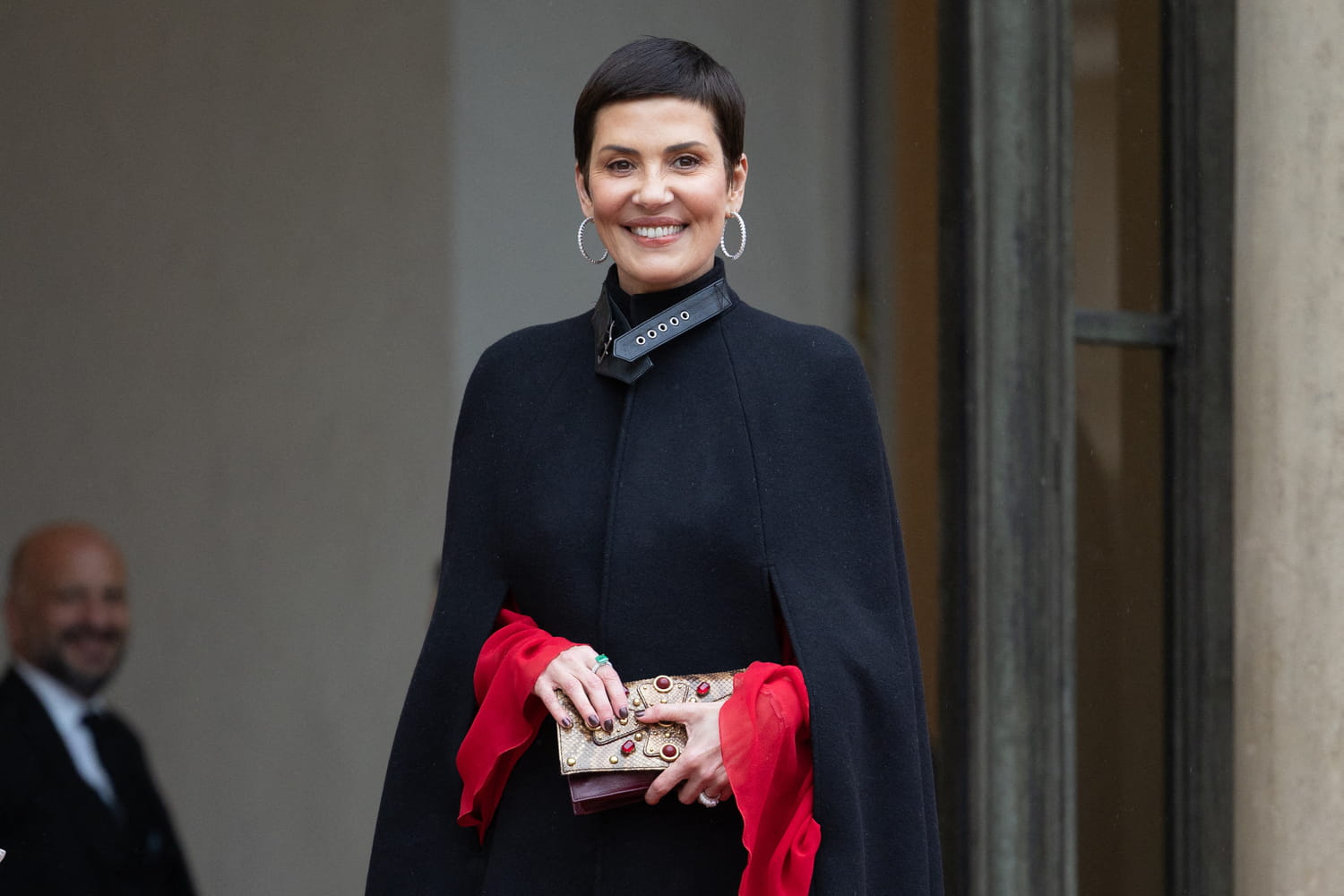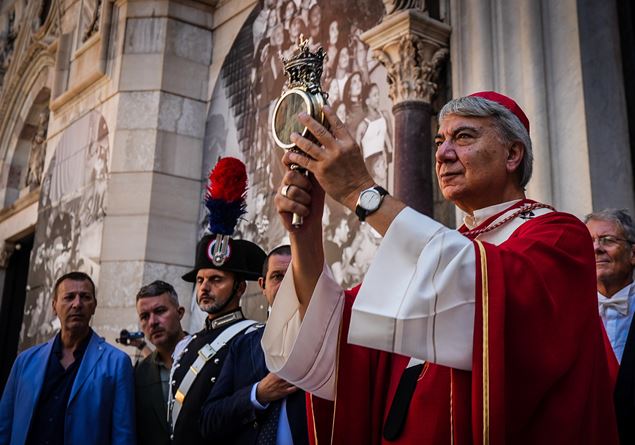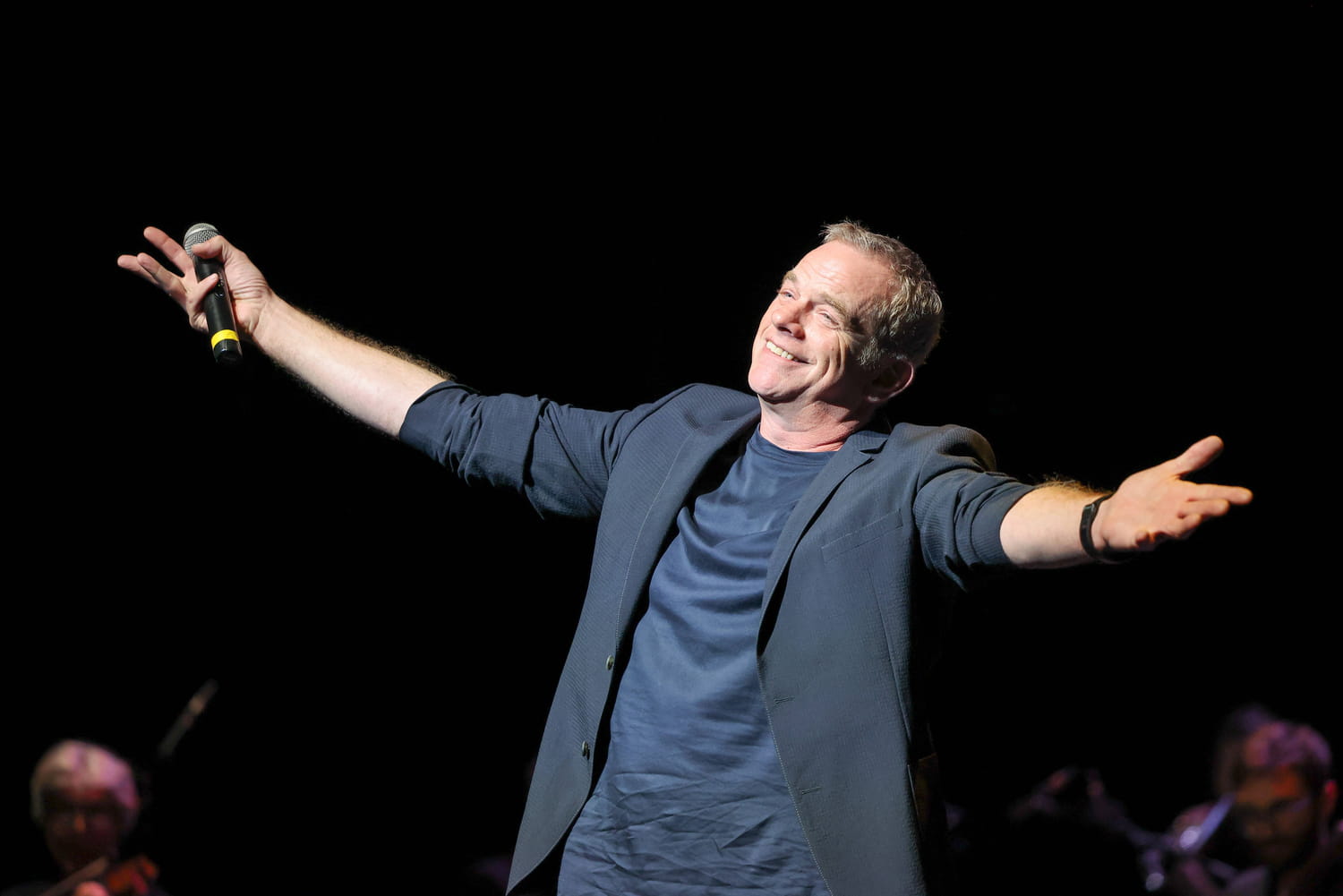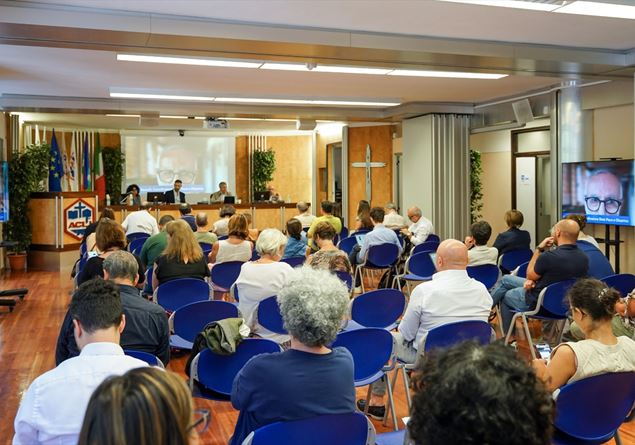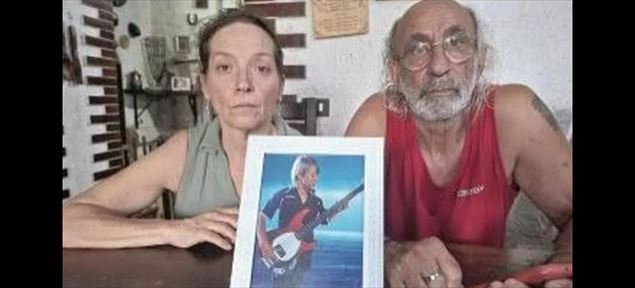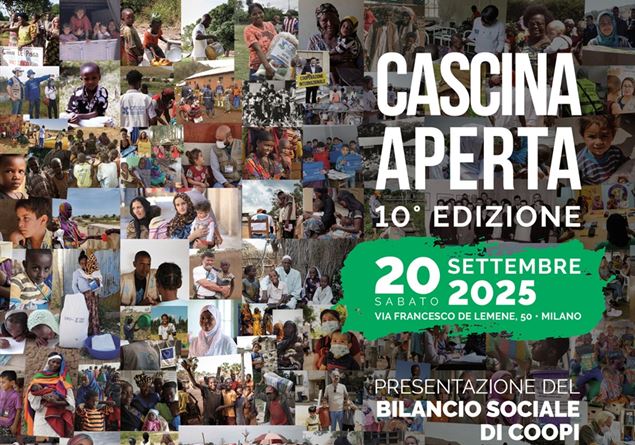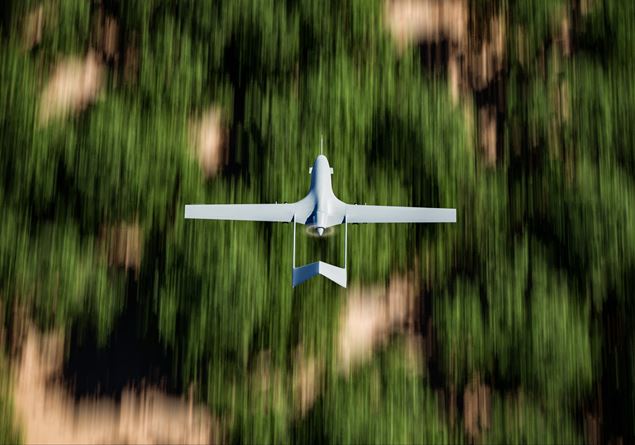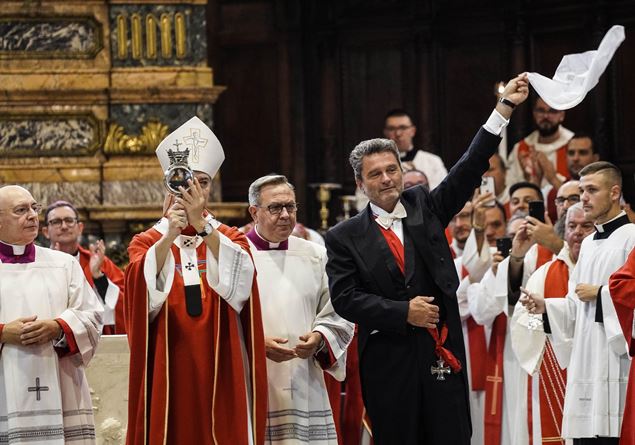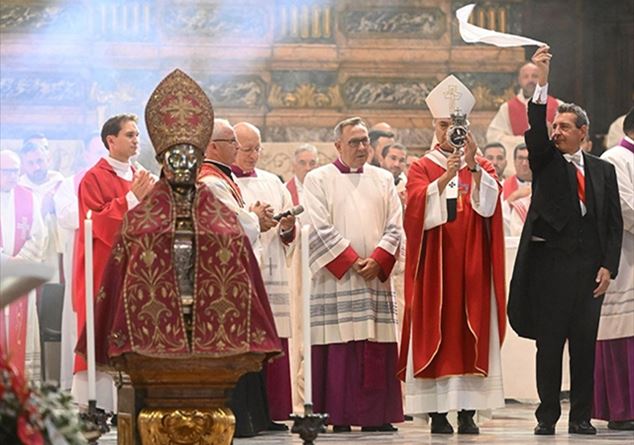Emiliano Manfredonia.
From the world of work comes a message of fraternity in a time when walls, tensions and forgotten wars grow. It is called “Peace at work – Italy of work builds peace” and it is the new ACLI campaign to turn on attention to the themes of peace, disarmament and social justice starting from the world of work. A caravan that from September to December will cross Italy, starting on September 2 from Palermo, involving associations, young people, schools, workers and touching about sixty Italian cities, suburbs and often forgotten territories. From intercultural dialogue in factories, to international inclusion and cooperation projects, because peace, as the ACLI point out by relaunching a historical commitment of the association, is not a utopia, but a civil and daily liability that must be built in the places where you live, work, educate. “Peace and work are part of a single vision of society”, explains the national president of Emilian Manfredonia. «Peace is not the absence of conflict, but ability to build non -violent ties, even in dissent. It is a value to keep alive. A path to share. We want to break the indifference that makes us passive spectators in front of wars, economic injustices and humanitarian dramas “.
Pope Leone launched a peace offensive on Gaza …
What we are seeing in these days in Gaza overcomes every imagination: a real extermination is underway, crimes against humanity are added every day. All this must be stopped. We saw the open wounds of the war in Ukraine and the Balkans. The images that flow before our eyes cannot fail to raise us inquier. We cannot be that generation that will be questioned tomorrow with phrases like “where you were when in Gaza the children lined up to take food were killed?”. We are men of peace but we are not at peace. As Pope Leo taught us, we are disarmed, we do not have all the solutions, but we try to dissolve the node of indifference, to find common horizons, with the awareness of what is happening. Peace must be built with everyone, even with those who started the war. It is the first of the rights. Either it is everyone or is nobody.
So, peace as a job?
The theme is peace at work and working for peace. At the center of the caravan there will be the world of work as its founding place.
Article 1 of the Constitution states that Italy is a republic founded at work …
Work is creation, construction, life, the opposite of war, which instead is destruction, pollution, emptiness. Where there is exploitation, inequality, precariousness, the conflict winds off. Where there are rights, respect and cooperation, a more just and inclusive society can be born. The goal is to restore centrality to peace as a human right and common good, also within the tensions of the present. From geopolitical instability to social unease, peace is now challenged on several fronts. The ACLI choose to respond with the presence, word and responsibility. For this reason, the path will involve trade union delegates, cooperatives, ethical companies, training centers and young professionals, creating a network of testimonies and good practices.
A way to denounce the toxic logic according to which “war is good for the economy”?
Governments are thinking of investing up to 5 percent of the GDP in armaments. The idea that the economy can start through investment in weapons is a colossal lie, and the relationships of the OECD and Greenpeace say it. Every billion spent in armaments is true that it brings three thousand jobs, but in GDP they are “only” 740 million euros. If that same billion we spent it in public health, in education or even in the ecological conversion of our economy, it would bring more than ten thousand jobs and double the GDP invested. If to have peace you prepare the war and then fill the arsenals, sooner or later the war finds it. And afterwards there will be an ecological problem and conversion of a war economy in a civil economy.
What are the most significant stages of the caravan?
Certainly the one that will cross the Perugia-Assisi peace march on 12 October and the special stage on the Balkan route organized in collaboration with the NGO Ipsia Acli and CTA. Assisi, a spiritual heart of the message of Francesco and cradle of non -violent thought, has a strong symbolic value. We will also be at the Ilva di Taranto, in the juvenile prison of Cagliari and San Michele di Formazza with a summer camp managed by the ACLI in collaboration with Caritas and where seventy young Ukrainians will be welcomed. And we will go to the cemetery where Don Tonino Belino rests in Puglia, a destination for pilgrimages and prayer and reflection. In the province of Chieti, however, there will be the launch of four hundred aquiloni of peace.
The new generations seem sensitive but disillusioned. How do the ACLI intend to involve them and make them protagonists of a new commitment?
We try with the caravan, with a moving action that lasts not one day but for longer. It will not only be a symbolic march, but a social and civil laboratory, with public meetings, forums, testimonies, exhibitions and artistic performances. We want to do an educational work, which is what is missing today, inflated as we are by conflicts, individualism and extreme competitiveness. We must think about a world of cooperation, of mutuality.
Does the march have a political meaning?
The march is educational but it is also political, in fact it will end up in Strasbourg. Today the policy of diplomacy has not failed, but the policy that does not find other paths, and that we denounce with great force.
How do the ACLI intend to consult the institutions through this initiative?
We put on the way like travelers, because peace is built from below, meeting the communities, making demonstrations. The last Italian stage will be December 10, International Human Rights Day, in Milan, because without rights there is no construction. In Strasbourg, however, we will appeal to the Union’s institutions to relaunch a new season of dialogue inspired by the spirit of Helsinki starting from work. We are an association of people and we have the responsibility of bringing these voices into the political context, which can listen to us or not. War is yes the shipwreck of humanity, but first of all it is the failure of politics. War wins nothing. What must be won is peace. We are not asked individually to solve the problems of the world, but to turn on the spark. Because in the deepest night that spark you see it. For us it means offering a concrete space of commitment, of presence. What scares me as a father of a seventeen -year -old son is this policy of the strongest, who has no outlets, which is screamed. A policy that is not a place where the differences are reconciled, but it is a place of polarization where they are tightened. And where, consequently, we all lose.
